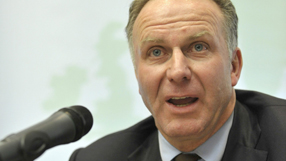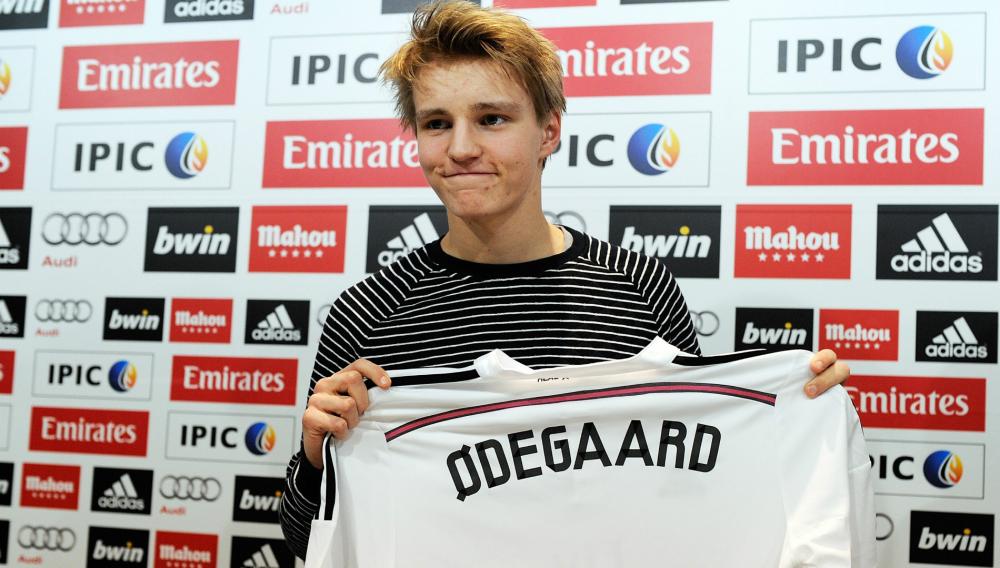
The best features, fun and footballing quizzes, straight to your inbox every week.
You are now subscribed
Your newsletter sign-up was successful
Want to add more newsletters?

Five times a week
FourFourTwo Daily
Fantastic football content straight to your inbox! From the latest transfer news, quizzes, videos, features and interviews with the biggest names in the game, plus lots more.

Once a week
...And it’s LIVE!
Sign up to our FREE live football newsletter, tracking all of the biggest games available to watch on the device of your choice. Never miss a kick-off!
Join the club
Get full access to premium articles, exclusive features and a growing list of member rewards.
Rummenigge, the chairman of the European Club Association (ECA) and chief executive of Bayern Munich, said they had persuaded UEFA to delay the full implementation of the financial fair play rules from 2012 to 2015.
UEFA will assess clubs' finances over a rolling three-year period to ensure they comply with their new Financial Fair Play rules before they are allowed to take part in the Champions League or Europa League.
A UEFA proposal that only clubs with a turnover of 50 million euros should be subjected to the rules has been opposed by the ECA who say all clubs should be treated the same.
Rummenigge told reporters at the Soccerex business convention that 93 clubs from 53 countries had attended the ECA's General Assembly in Manchester and were unanomously agreed on the proposals.
"This really is a huge achievement," he said.
"After only two years of existence, the European Club Association has managed, together with UEFA, to set measures that will shape the future of European Club football into a more responsible business and ultimately a more sustainable one."
The main points of agreement are that clubs must break-even over a three-year period with a limited equity injection which means that a rich owner has to have an equitable stake in a club rather than loaning it vast sums of money.
The best features, fun and footballing quizzes, straight to your inbox every week.
Clubs will not be able to owe each other money, nor will they be allowed to compete in Europe if it has not paid either its players or non-playing staff.
TRANSITION PERIOD
There will also be a phased implementation over five years with a transition period going from 2012 to 2015, which will allow clubs in all sorts of different situations to adapt.
The clubs also discussed a proposal to limit their squads to 25 players with unlimited under-21 players per team at national and European level.
The ECA also agreed proposals to tackle the amount of money paid out to agents.
David Gill, the chief executive of Manchester United and an ECA board member, told a news conference that despite United's owners having debts of 716.5 million pounds, United would not fall foul of the new rules.
The reason for that is that United are solvent and make enough money to pay the interest on their debts, Gill said.
"We have seen what the proposals are and we would meet the financial break even rules," he said. "We as Manchester United have always been run professionally and will continue to be run professionally."
 Join The Club
Join The Club










